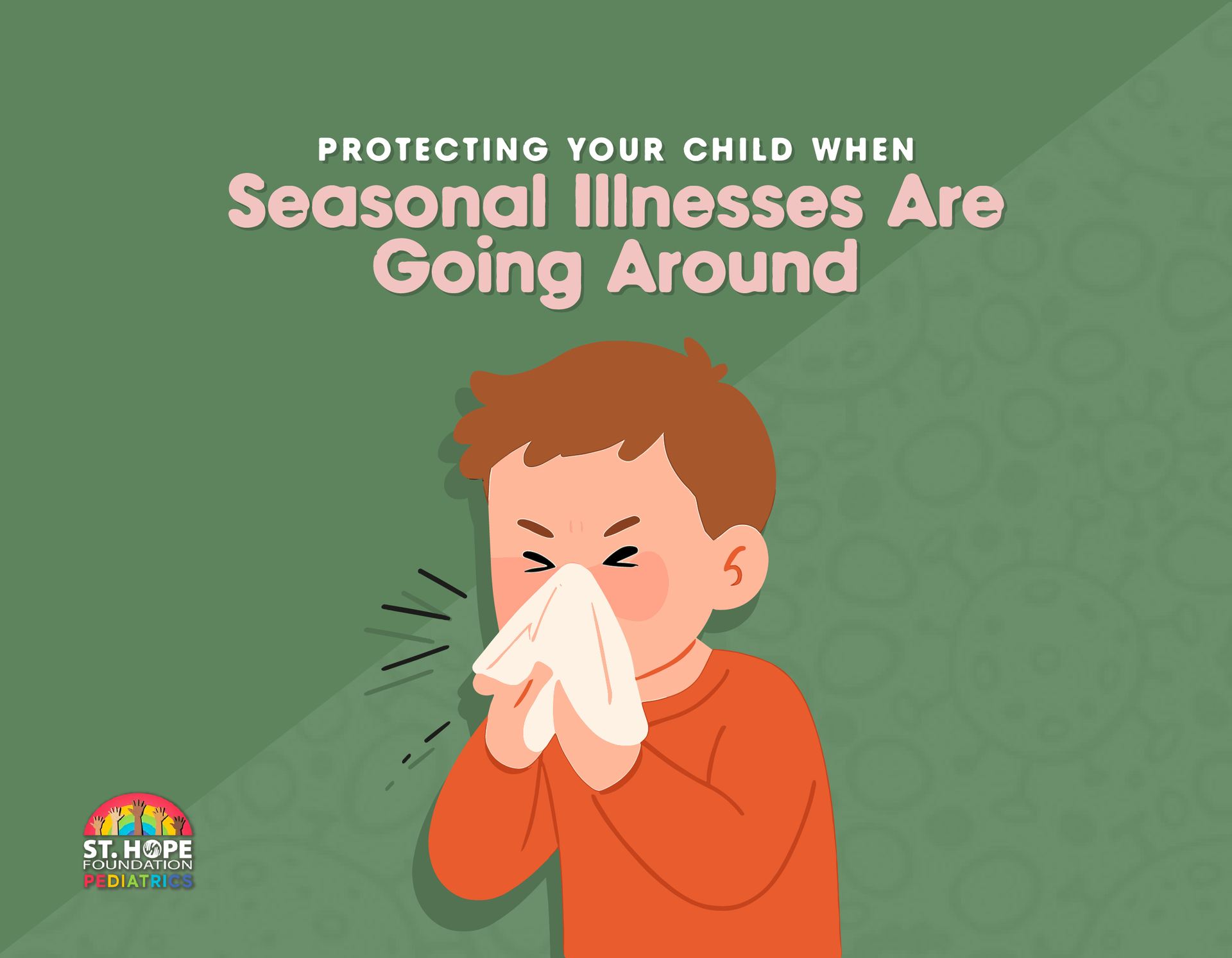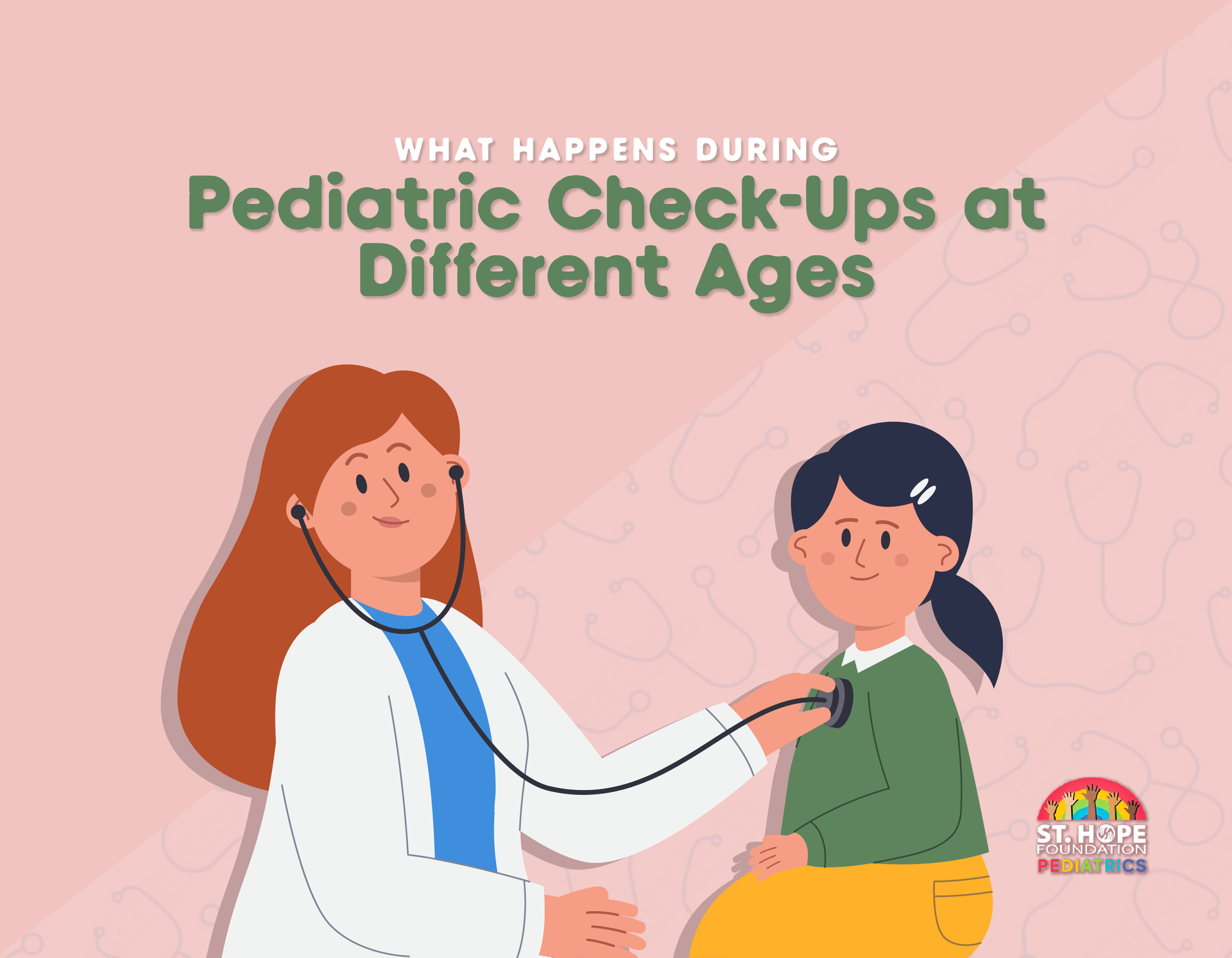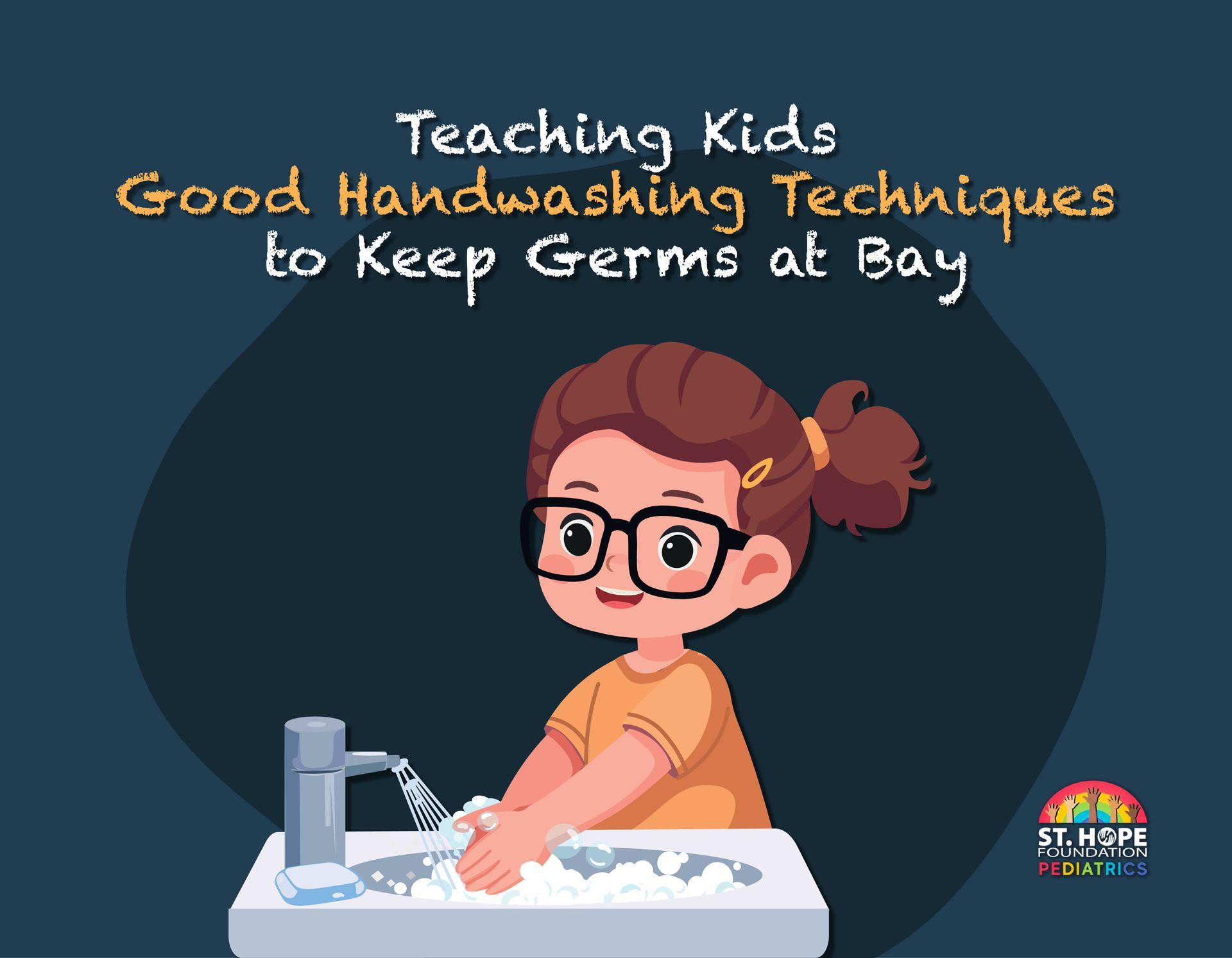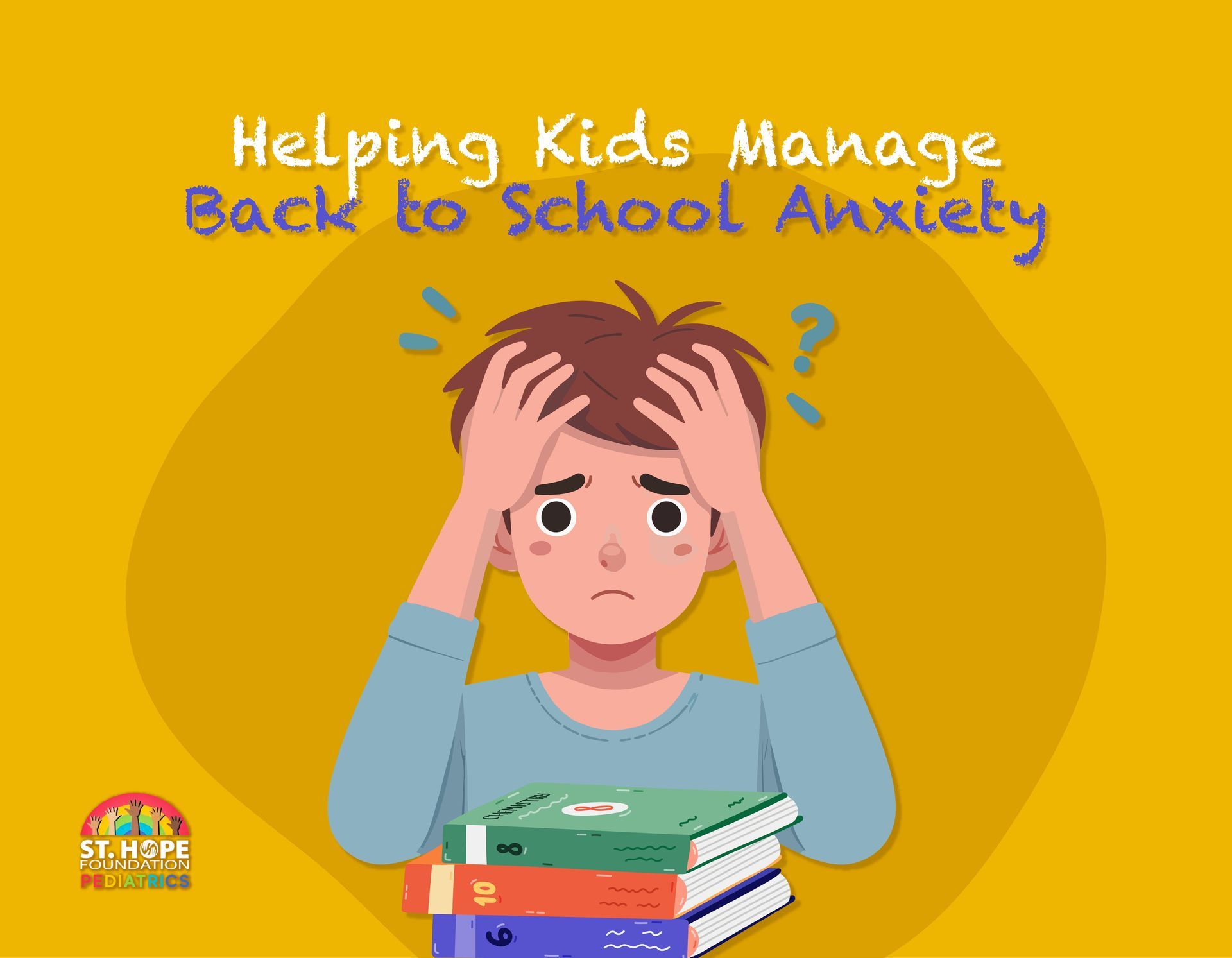
Summer camps are an anticipated event for children, offering a unique opportunity to learn new skills, make friends and create lifelong memories.
At the same time, the close-knit environment and shared facilities can sometimes lead to the spread of common illnesses. As a parent, understanding these potential health risks and learning how to prevent and manage them can help ensure your child's camp experience remains joyful and illness-free.
What Are Some Common Summer Camp Illnesses and Their Causes?
While summer camps are known for their fun-filled activities, they also provide an ideal setting for certain illnesses to spread. Some of the most common summer camp illnesses your child is vulnerable to include:
- Gastrointestinal infections: Stomach bugs like norovirus and other gastrointestinal infections are often spread through close contact and contaminated surfaces, especially in shared living spaces, dining halls and bathrooms.
- Respiratory infections: Respiratory illnesses such as colds, flu and COVID-19 can spread quickly in a camp environment due to close interactions among campers and staff.
- Skin infections: Conditions like athlete's foot and ringworm thrive in warm and humid environments. Shared showers, swimming pools and athletic equipment can contribute to the spread of these skin infections.
- Insect-borne diseases: Ticks and mosquitoes can transmit diseases like Lyme disease. Campers who spend time outdoors are at a higher risk of exposure to these vectors.
How to Prevent Summer Camp Illnesses
The easiest way to help your child avoid common summer camp illnesses is by teaching them to wash their hands regularly with soap and water, especially before meals and after using the restroom. When soap and water are not available, teach your child to use hand sanitizer. Choose a colorful and scented one they will enjoy using.
You also want to ensure your child's vaccinations are up to date, including influenza and any recommended vaccines for the camp's location. Vaccinations help protect against serious diseases and reduce the risk of outbreaks.
Additionally:
- Encourage your child to wear flip-flops in communal showers and pool areas to prevent fungal infections
- Pack an EPA-approved insect repellent to protect your child from ticks and mosquitoes
- Educate your child on the potential consequences of sharing their personal items with others
- Managing Common Camp Illnesses
Gastrointestinal Infections
- Stay hydrated: Encourage your child to drink plenty of fluids to prevent dehydration.
- Rest: Ensure they get enough rest to help their body recover.
- Isolate: If your child shows symptoms of a stomach bug, keep them away from others to prevent the spread of the illness.
- Contact the camp: Inform camp staff about any contagious illnesses your child has so they can take appropriate measures to prevent an outbreak.
Respiratory Infections
- Rest and hydration: Similar to gastrointestinal infections, plenty of rest and fluids are essential.
- Medical care: If your child shows signs of a severe respiratory illness, especially COVID-19 symptoms, consult a healthcare professional for guidance on testing and treatment.
Skin Infections
- Keep clean: Teach your child to wash and dry their feet and body thoroughly, paying attention to areas prone to infection.
- Ointments and creams: Over-the-counter antifungal or antibacterial creams can help treat mild skin infections.
- Medical attention: If the infection is severe, spreading rapidly or not responding to over-the-counter treatments, consult a doctor.
Insect-Borne Diseases
- Tick checks: Teach your child how to thoroughly check for ticks, especially in hidden areas like underarms, behind knees and the scalp.
- Prompt removal: Explain how they can remove ticks using fine-tipped tweezers. This can be done by grasping it as close to the skin's surface as possible and pulling upward with steady, even pressure.
- Seek medical attention: If you suspect your child has been bitten by a tick or mosquito and develops symptoms like fever, rash or fatigue, consult a doctor promptly.
When to Seek Medical Attention
If your child's illness is severe, persistent or accompanied by symptoms that cause concern, don't hesitate to seek medical attention. These signs might include high fever, difficulty breathing, severe pain or a rapidly worsening condition.
Trust your instincts as a parent and reach out to a healthcare professional for guidance if issues arise.
Does Your Child Need to Be Seen by a Doctor? Contact St. Hope Pediatrics Today
At St. Hope Pediatrics, we specialize in providing comprehensive pediatric care for children residing in the Houston area.
Our skilled and compassionate medical team is here to address your child's medical needs, ensuring their well-being and giving you peace of mind.
Call St. Hope Healthcare today at (713) 778-1300 to schedule a same-day appointment.













